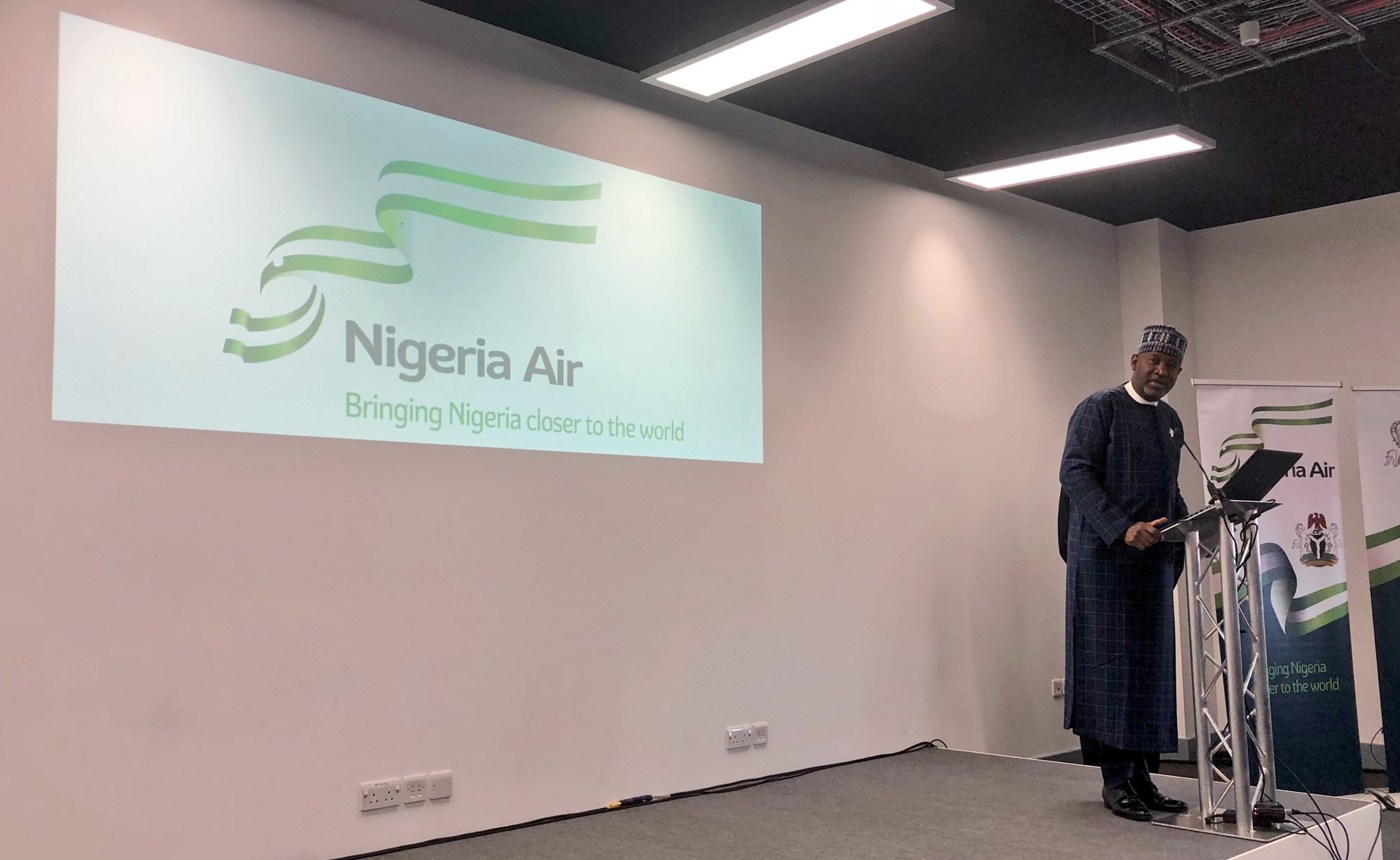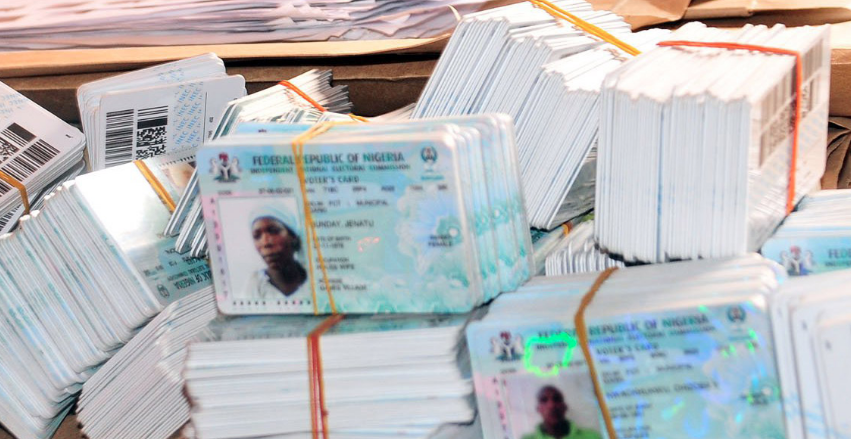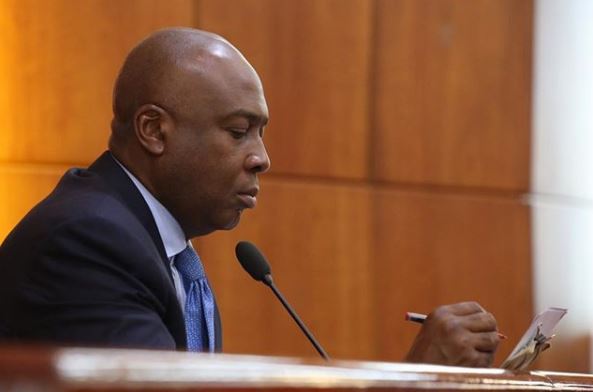It is a school day but several school age girls in Makoko community, Yaba, Lagos, are seated under a shield to listen to a series of lecture on menstrual hygiene. The girls are giggling, there is side talk that leads to an eruption of laughter. It is a bit of struggle to keep up with the teenage girls who have come to learn about menstrual hygiene in an event organised by Betty Abah, founder of Cee-Hope, an organisation that works with urban poor girls and advocates for the rights of children and women.
Several of the girls were learning, for the first time, what proper menstrual hygiene is. So, when one of the speakers starts talking, the girls, in a sharp twist of event, listen with rapt attention. “Clean up several times a day, change your sanitary often, dispose them off properly,” Olayinka Kehinde, girls right advocate and founder of Girl Care Foundation, tells the girls.
The message is apt – menstruation and menstrual hygiene is an important aspect of women’s reproductive and overall health.
Menstrual hygiene management, according to UNICEF, “is described as the process where “women and adolescent girls use a clean menstrual hygiene management (MHM) material to absorb or collect blood that can be changed in privacy as often as necessary for the duration of the menstruation period, using soap and water for washing their bodies as required and having access to facilities to dispose of used menstrual management material”.
Advertisement
But the girls from this poor community are mostly plagued with insufficient funds to purchase menstrual hygiene items and a lack of access to WASH facilities where they can also dispose of their used menstrual items.
Sarah Thomas is one of the girls seated under the canopy. She is eager to speak about the challenges she encounters during her menstruation.
Advertisement
“My problem is that my parents, and even a lot of my friend’s parents, cannot afford to give us money to buy pad,” she tells this reporter.
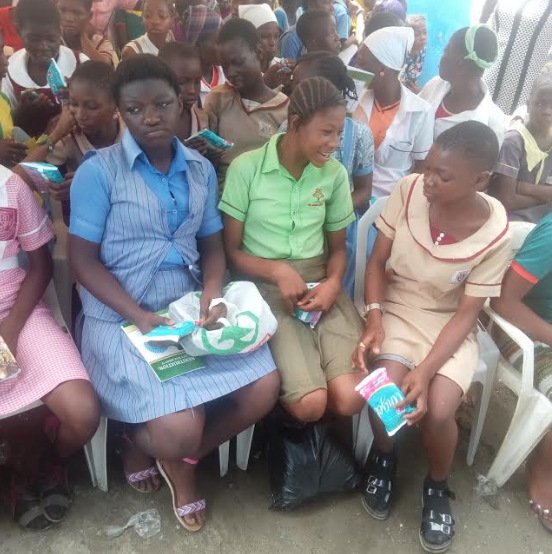
“Any time I am on my period, I use my food money to buy pads so that I don’t smell, so I can take good care of myself,” Thomas says.
She says she and her friends often cannot afford sanitary pads which now cost anything from N300 to N500 for a pack of about eight pads.
Advertisement
With the duration of the menstruation cycle ranging from two to seven days, and average being five – a school girl needs about two packs for proper hygiene management. This means she will need to spend about N600 to N1000.
This is a burden for Thomas, who says she often has to starve during her menstrual cycle.
“A lot of my friends can’t afford it (sanitary pads). We buy sanitary towel for three hundred naira and there are six pads in it. I see my period like five days in a week and I have to buy two packs,” Thomas says.
As she narrates her story, she breaks down in tears. Amid gentle intermittent sobs, she continues to tell this reporter, “My friend, we are very close.”
Advertisement
“She asked her boyfriend for money to buy pad and the boy told her he will give her but he had to sleep with her”.
Thomas said her friend obliged and slept with the boy just after her period – which is the ovulation period where pregnancy often occurs. Her friend got pregnant.
Advertisement
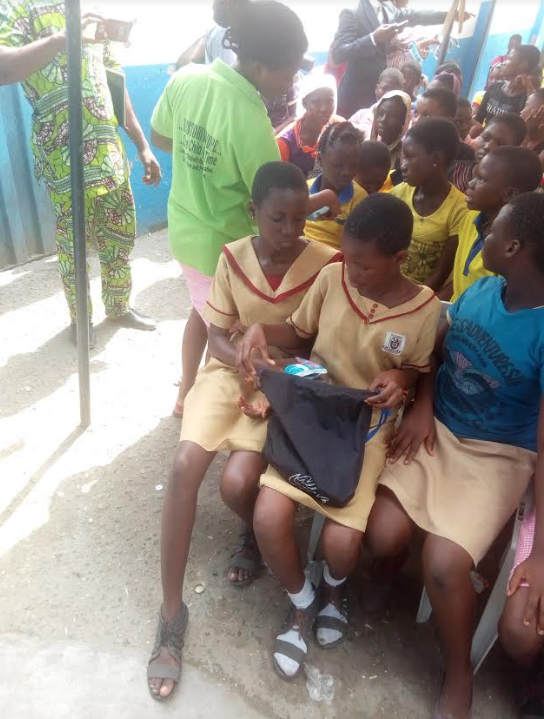
“She got pregnant, now she has ruined her life.”
Advertisement
Thomas goes on to tell this reporter how education is the only way out of poverty. “My friend has lost the opportunity to go to school,” she says.
Globally, women are deprived of proper menstrual hygiene practices as a result of poverty.
Advertisement
In the UK, one in 10 girls is unable to afford sanitary wears, and one in seven struggles to purchase sanitary items.
Also, a 2016 UN report estimates that one in 10 girls in Sub-Saharan Africa, skips school because of her menstrual cycle.Statistics derived from a smart phone survey titled performance monitoring and accountability 2020 (PMA2020) showed that only 37% of women aged 15-59 in Nigeria, have all they need – clean materials to prevent leakages and stains, WASH facilities for proper menstrual hygiene management, pain relievers and places to dispose of used products – for proper menstrual hygiene management.
Findings from another 2015 survey titled an assessment of menstrual hygiene management in secondary school, conducted by UNICEF, showed that school girls in Nigeria face many challenges when they are on their period.
These challenges, the survey shows, affect the ability of school girls, across religion and ethnicity, to manage their period with dignity; and also cause them to skip school during their period because concentration becomes difficult.
Over 59.3% of toilets in girls’ schools had functional locks and only 25% of the schools had sinks and soaps; while most of the toilets and latrines were dirty and had poor ventilation.
“The findings also showed that availability and adequacy of WASH facilities, adequacy and flow of Information on MHM and access to materials for hygienic management of menstruation all impacted girls’ experience of menstruation,” says the UNICEF report on the survey.
“The ratio of latrine compartment to students was 1:297 for girls and 1:1216 for boys compared with global recommended latrine to student ratio of 1:25 and 1:50 for girls and boys respectively (UNICEF 2011).
“The overall average ratio of toilets/latrine in the urban schools for girls was 1:214 and for boys 1:374 while the ratio was 1:168 and 1:272 for girls and boys respectively in rural schools.”
The research by UNICEF also showed that none of the schools assessed met the World Health Organisation standard of pupil to toilet ratio.
Cost of pads
Additionally, the research findings showed that a lot of the girls resorted to using pieces of material and tissue paper because they could not afford sanitary pads. Sanitary pads are considered the most convenient to use because the stay glued to underpants and cause little or no stain.
Worse, the research showed that some girls, like the ones in Katsina state, could not even afford underpants and had to stay at home for the entire period of their menstruation.
In Makoko, this UNICEF research findings prove true.
Kehinde, the girls’ right advocate who has worked with children in Makoko and similar communities for five years, tells TheCable the girls in this community often lack of funds to buy sanitary towels. She laments this because the girls are then exposed to infections because the pieces of cloth they use are often not washed or ironed before reuse.
“I have worked with girl children for about five years. They don’t have funds to buy sanitary towels. They use cloth, and sometimes the clothes are not washed or ironed before reusing it, exposing them to infections,” she says.
In Abuja, the story isn’t different. Linda Ogbori works with urban poor communities as well. On May 28, a day celebrated as World Menstrual Day, she went to poor schools in the communities.
In one of the schools, Linda says she was particularly heartbroken. “The girls did not even know what sanitary towels are. They were asking us how to use it.”
“They knew very little about menstrual hygiene and didn’t go to school when they were on their period since they used cloth and didn’t want to get stained.”
Linda said they girls also preferred to stay at home because If they got stained, there would be no toilet to clean up privately as in that school, the boys and girls shared just one toilet.
Complicated life for girls
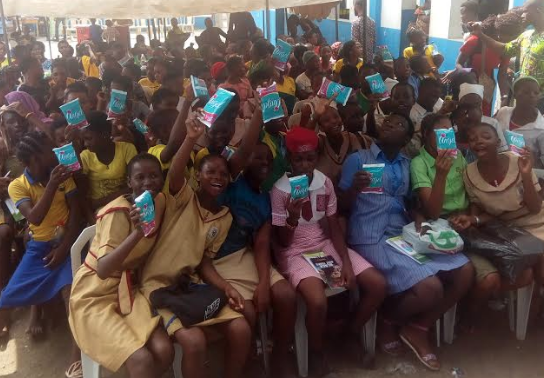
Abah says life is getting more complicated for so many women and girls as a result of Nigeria’s shaky economy which just recovered from one of the worst recessions; and ongoing conflicts in several regions of the country.
“The standard for living for so many women and girls are dropping. Girls in impoverished communities are using their school pocket money to buy pads; and women in Internally Displaced Persons (IDP) camps do not have access to this item,” she says.
“Many girls and women cannot afford sanitary towels, and even the drugs to deal with the accompanying pains. So, it worsens the state in terms of access to education, school retention and the state of gender inequality.
“This makes girls and women become more vulnerable to transactional sex. It also really worsens the state of gender inequality.”
Abah often distributes sanitary towels to girls and women in urban poor communities and communities ravaged by conflicts. She, however, says distribution is not sustainable and access to sanitary pads is a policy issue.
Abah says if condoms are very often distributed freely, sanitary products should be distributed in the same manner or at a heavily subsidised rate.
“If we are trying to convince people to use free condoms, it is even imperative to have free sanitary towels because it is not a choice for girls and a lot of parents with several girls cannot afford it.”
She advocates for the distribution of sanitary products alongside relief materials since menstruation is not optional for women.
This report was done with support from Code for Africa.
Data credit: Code for Africa
Add a comment
